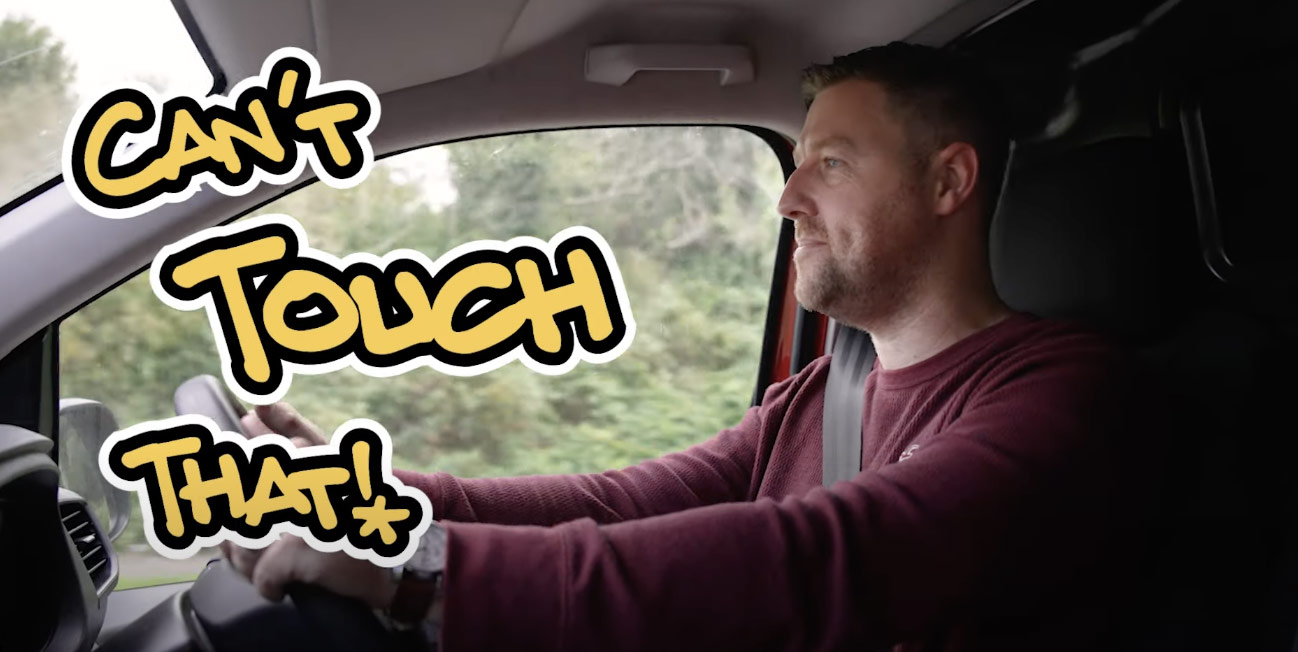Blog
Our guide to strategic video marketing
Video has become a popular marketing tactic for most B2B and B2C brands, with 95% of marketers stating it as an important part of their 2025 marketing strategy.
Whether it is a 15-second clip on TikTok or a polished brand story on your website, video is celebrated for driving high levels of engagement; capturing attention, building trust, and driving action in ways that text and still imagery can’t always do.
At Pillory Barn, as a full-service marketing agency, we’ve developed expertise in video production and strategy, helping brands create content that engages audiences and drives results. We’ve put together this short guide to video marketing.
What is video marketing?
Put simply, video marketing is all about creating and using video content to promote your brand.
Used tactically, video conveys messages that can drive brand awareness or lead to an action, as well as often increasing dwell time on social media or on a website – and being easily shareable.
Video is an approachable and easy-to-digest medium, adding to its appeal as an effective way to present information that doesn’t feel like it requires anything from the viewer other than to watch and listen. It’s said that viewers retain 95% of a message when they watch it in a video compared to 10% when reading it in text.
Social media, websites and email campaigns are the most commonly used channels for video marketing, for everything from product teasers and reviews, testimonials, interviews and showreels.
How is video effective in marketing?
As well as increasing engagement, encouraging people to stay on your website for longer through video can support SEO (search engine optimisation) performance, making it more likely that people will find your content when they make a relevant search. Websites with video are 53x more likely to rank on the first page of Google than websites without video content.
Video is a great way to tell your brand story, what distinguishes your business, personality, products and services.
Video helps convert viewers into customers by encouraging them to engage and interact – consider including a strong CTA at the end of your video encouraging the viewer to click for more information, enquire now or sign up to a newsletter. Landing pages containing video increase conversions by up to 80%.
How to create a video marketing strategy
At Pillory Barn, we don’t just create a video, we manage everything from strategy and concept development and scripting to filming, editing and post-production. We also make sure that your videos align with your broader marketing goals.
As with any marketing activity, it’s essential to start with a strategy. Here is our team’s quick guide to a video marketing strategy:
Step one – define objectives
Consider what you want to achieve – what are your business goals and what are your specific goals for this video? You might want to make an announcement, increase brand awareness or show a product. Setting out what you want to achieve at the end is the best place to start!
Step two – understand your audience
Identifying who your target audience is going to be for this video will help you tailor the way you present the video to them, and how you convey information. Your audience might want short, snappy facts, or require a fuller more in-depth explainer.
Step three – define KPIs
Setting measurable goals and KPIs upfront helps refine your strategy even further, keeping top of mind the reasons you are doing it – so consider things like number of video views, engagement rates, CTRs, leads and conversions.
Step four – outline your video type and tactics
Consider what channels you will be using – is your video for a business audience on LinkedIn, or are you hoping to reach potential purchasers on Tik Tok? Is it going out to engaged subscribers via an email newsletter? Answering these questions will help you decide what video types will resonate with your target audience.
There are many different types of video to suit all kinds of objectives, from animated videos to interviews and video case studies to highlights reels.
Step five – storyboard and script
Outlining a script at this stage ensures key messages are included and are structured logically and within your brand tone of voice.
Visual storyboarding maps out the video in greater depth so that everyone can align even before content creation starts. Pay particular attention to your intro and outro (with a clear CTA). Our storyboards are a tangible asset to refer to before creation begins, and helps clients and our team align.
Step six – shoot / create and edit
Filming with a high quality camera and proper lighting makes all the difference to the finished result – as well as considering angles, framing and other filming essentials. The editing process then stitches everything together according to your storyboard and including your brand and any captions or subtitles required (always recommended).
Our end-to-end video marketing starts with the strategy and ends with measurement – and everything in-between, from storyboarding to shooting and editing to uploading.
Step seven – publish
Everyone is always keen to publish, but taking a moment to optimise your video title is a worthwhile step and will support SEO, helping your audience to discover your content more easily.
Another key step is to make sure your video is sized correctly for each platform – whether it’s social media, your website or other channels. Don’t just put your video ‘out there’ – monitor how well it is performing, engage with comments, and encourage likes and shares. This will help you assess how well your video content is resonating with your audience, that you can take forward into your video marketing strategy.
Bringing brands to life through video
Our portfolio spans everything from short, scroll-stopping social media reels to high-impact video production, each crafted to captivate audiences and elevate brand presence.
Check out some of our recent work below and see how we have helped brands turn ideas into visually powerful, results-driven video content.



